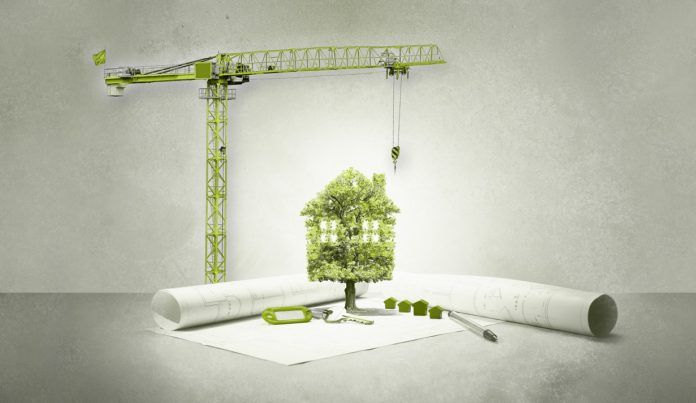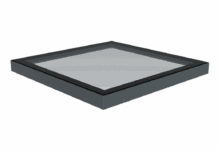Five more Builders Merchants Federation (BMF) members are amongst the 10 companies that have been recently announced as net zero carbon Business Champions, supporting the Construction Leadership Council’s (CLC) CO2nstructZero initiative. This brings the total number of members to achieve the title to 18.
Velux, Forktruck Solutions, The Pallet LOOP, Genuit Group and Marshalls achieved Business Champion status in the fourth wave of monthly applications.
Velux
This comes after Velux launched its 15-point plan 2030 Sustainability Strategy in September 2020 to make the company net zero by 2030, by reducing the embodied carbon in its products and supply chain by 50%. By 2041, the company will have committed to become Lifetime Carbon Neutral and repaid its historic carbon footprint.
Forktruck Solutions
Meanwhile, with diesel emissions being a key area of concern for Forktruck Solutions, the company has decided to scrap its current fossil fuelled sales vehicle fleet in exchange for electric vehicles. This is in addition to the company’s goal to make every relevant business in the UK use lithium powered material handling equipment and forklift trucks.
The Pallet LOOP
Due to launch in Q4 2021, and for operational roll-out in 2022, The Pallet LOOP’s brand new, circular economy deposit-based pallet reuse scheme is founded on the premise of recover, repair and reuse. This falls in line with The Pallet LOOP’s missions to increase the less than 10% of the 18 million pallets distributed in the UK that are currently reused to reposition pallets as a valuable resource to use again.
Genuit Group
Genuit Group is developing new products and solutions to help the UK scale up the transition to low carbon heat sources. This includes scaling the use of heat pumps, developing solutions to enable local heat networks and infrastructure solutions for hydrogen transmission.
Marshalls
Marshalls has been working to drive carbon out of its operations since 2008, with its carbon footprint being reduced by 50% by 2020,with a commitment to reduce this by a further 40% by 2030. One way the company has found a way to reduce embodied carbon in its products is through replacing at least 45% of cement in its concrete blocks, and as much as 60% at some sites.
>> You can read more about the CLC’s CO2nstructZero initiative here.




